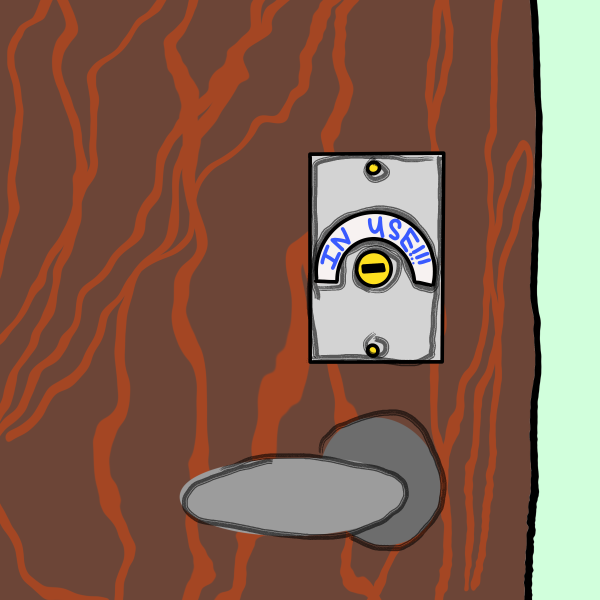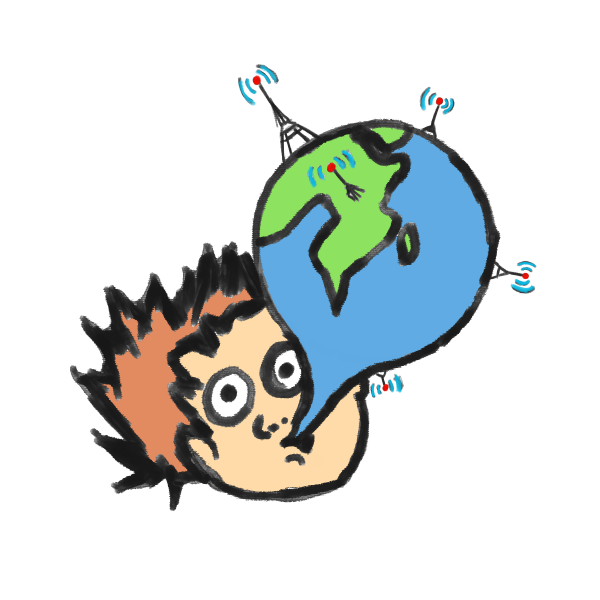Gratitude and broken headlights
The underrated importance of conscious thankfulness
March 17, 2021
I was expecting the hulking black Escalade to turn left through the intersection, but the driver had other plans. The chrome monolith-on-wheels came to a complete stop halfway through the turn, and the hood of my Saturn Astra shrieked under its bumper with a sound like King Kong bending a steel I-beam over his knee.
Safely out of the intersection, the driver, a wrecking ball of a man clad in a dark suit and expensive looking sunglasses, got out of the vehicle, looking almost cartoonishly like a mob boss.
I knew the accident had been mostly my fault; I had been much too close behind him as he started the turn. If he chose to press charges, he would probably win.
There I stood in my floral Hawaiian shirt, doe-eyed and shaking with the words ‘student debt’ written in sweat across my forehead.
The man crouched to inspect the damage. There was a good sized dent in his bumper. My hood was wrinkled at the corner, and one of the headlight’s casing was chipped. All things considered, the damage could’ve been significantly worse.
Wordlessly, the man raised a single thick finger and wagged it at me, sunlight glinting off a fat little ruby on a ring that dug into his knuckle.
With that, he got back in his Escalade and drove off.
At that point in time, gratitude was far from my mind. I was furious. Furious at fate for having ruined my Tuesday, furious at myself for not leaving room between the two vehicles and furious at the mob boss man for being so smug about the whole thing.
Gratitude definitely wasn’t my first response, but it’s the one that’s stuck with me the longest.
I’ve been thinking a lot about gratitude ever since we read Robin Wall Kimmerer’s “Braiding Sweetgrass” in my ecocriticism class. It’s an incredibly beautiful book that outlines a mindset of ecological consciousness through the lenses of both Indigenous wisdom and scientific practice. I cannot recommend it highly enough.
In it, Kimmerer writes a lot about the idea that cultures rooted in gratitude lead to increased responsibility and awareness. “Appreciation begets abundance,” Kimmerer writes.
The relationship that Kimmerer focuses on in the book is that between humans and the land. If we come to understand what we call “natural resources” as gifts from the land, our appreciation for said gifts will manifest itself in good land stewardship, leading to a healthy cycle of reciprocity.
This concept is particularly compelling when applied to the natural world, but it can be seen in any relationship.
Our idea of gratitude is often restricted to the act of saying thank you, which can be a powerful act. However, like the phrase “I’m sorry,” it carries less weight unless it’s accompanied by action. Showing thanks means respect and reciprocity: the flour and eggs in a well-functioning relationship.
The more I thought about gratitude, the less I saw its presence in most aspects of my life.
For example, as many college students do, I’ve found myself drifting away from the religious practices I was raised on, which means I’ve stopped giving thanks for my food before I eat it.
It’s such an incredibly simple action that could so easily be incorporated into our lives. You don’t need to be thankful to anyone in particular, but having thanks on your mind radically changes the act of eating food.
I’m not preaching optimism. Gratitude has nothing to do with the future. It’s a mindset of the present, an awareness and acknowledgment of something good in your life.
A lot of bad things happen, but even on the worst of days, a lot of good things happen too. Delicious soups are eaten, old friends are waved at, interesting birds are seen, traffic collision lawsuits are avoided…
If you want to start practicing gratitude, you don’t need to look far.





